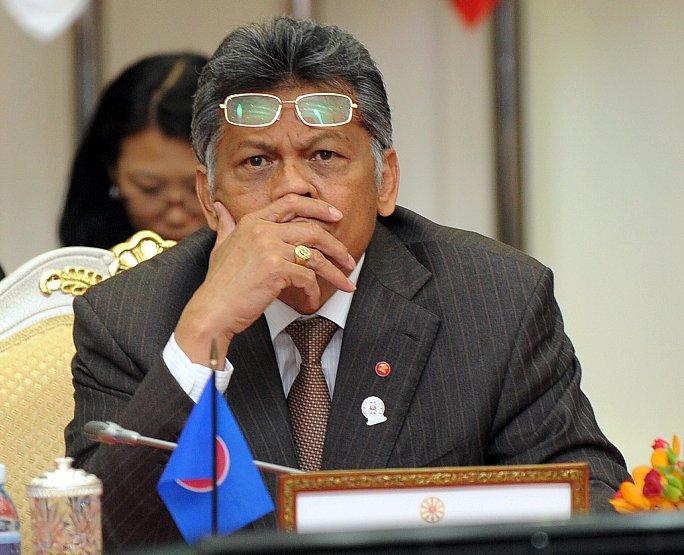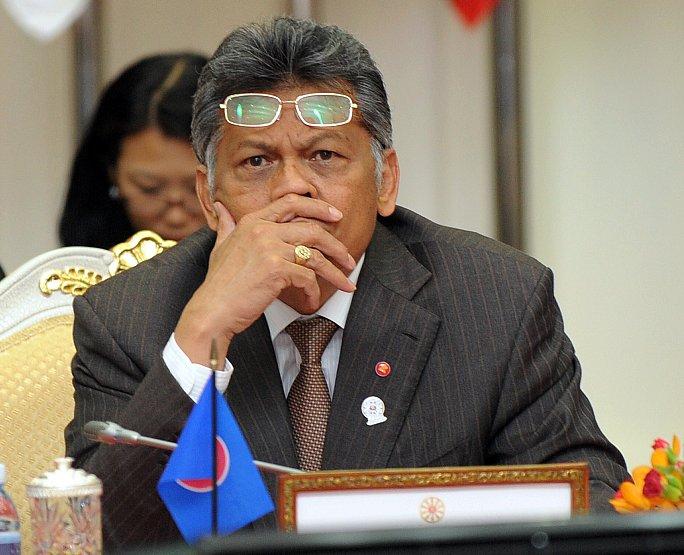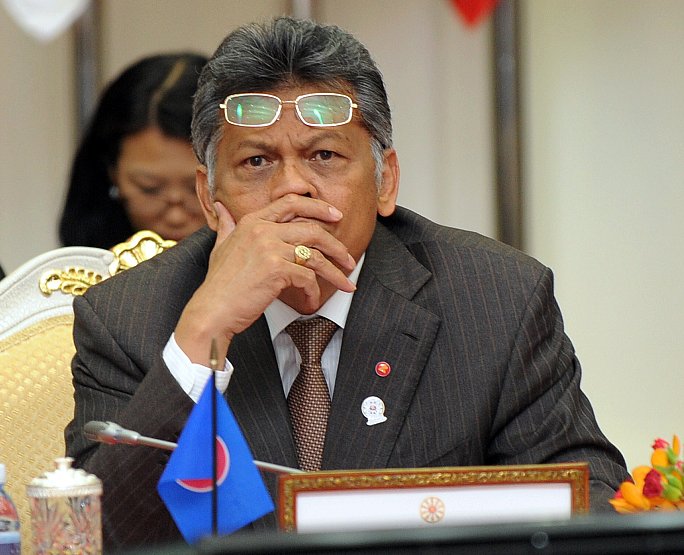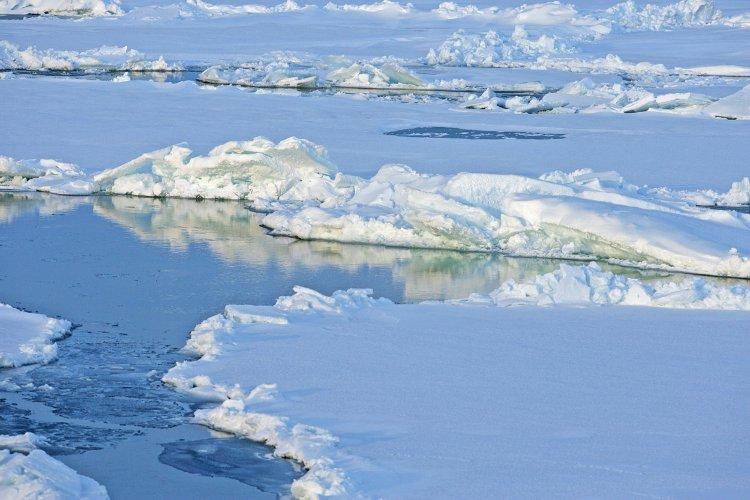Talks in Southeast Asian last week, which focused on territorial disputes in the South China Sea, ended in disappointment Friday, when the participants of the 45th ASEAN Foreign Ministers’ Meeting, for the first time ever, failed to present a joint statement.
This is seen by many as a sign of increased tension in the area on this issue, and hopes of an agreement on a maritime Code of Conduct, which would also involve China, seems distant at the moment.
Although China is not a member of ASEAN (Association of South East Asian Nations), it is nevertheless the focus of the dispute. It refuses multilateral negotiations with ASEAN over its territorial claim of the entire South China Sea, arguing that the issues should be solved bilaterally.
Host country Cambodia has now been accused by the Philippines of doing China’s bidding, while Cambodia in turn blames other member countries for hijacking the process by focusing on specific disputes.
The Philippine Department of Foreign Affairs said in a statement Friday that it “deplores” the nonissuance of the joint statement. It “takes strong exception” to the wording in the statement made by the chair, which said that the failure was caused by a “bilateral conflict between some ASEAN member states and a neighboring country.”
According to the Philippines, “several ASEAN member states and the ASEAN secretariat supported the Philippine position,” which was that the dispute over Scarborough Shoals should be mentioned in the joint statement. The shoals are a set of islands that are part of the Philippine dispute with China.
Cambodian Foreign Minister Hor Namhong said at a news conference that “Cambodia has taken a position of principle” in not letting the ASEAN Foreign Ministers’ Meeting act as a “tribunal to decide the dispute” between China and the Philippines. Commentators have interpreted this move as a sign of China’s influence over its ally Cambodia, which is heavily economically dependent on China.
According to diplomatic sources quoted by AFP, the negotiations have been tense and heated. Some see this as a sign of a possible rift in the previously relatively strong ASEAN family, which would be to China’s benefit, and make future negotiations about the South China Sea issue even thornier.
Although most participants expressed frustration and disappointment, some were more tempered and hopeful. The secretary-general of ASEAN, Surin Pitsuwan, downplayed the row and emphasized that it was only in regard to one issue. He said that the ASEAN countries now have a “collective responsibility” to find a solution. Indonesian Foreign Minister Marty Natalegawa, meanwhile, declared himself more inspired to move forward with the Code of Conduct.
ASEAN consists of 10 countries—Indonesia, Malaysia, the Philippines, Singapore, Thailand, Brunei, Burma, Cambodia, Laos, and Vietnam—four of which (the Philippines, Malaysia, Brunei, and Vietnam) are involved in the territorial disputes over areas rich in natural resources in the South China Sea, which also involve China and Japan. Global Security, in a backgrounder to the situation, has stated, “China’s claims cannot be reconciled with the claims of other states in the South China Sea area. The other states have conflicting claims that can be harmonized. ... But China claims the entirety of the South China Sea, so there is no possibility of compromise with China’s position, since it is all or nothing.”
The Epoch Times publishes in 35 countries and in 19 languages. Subscribe to our e-newsletter.






